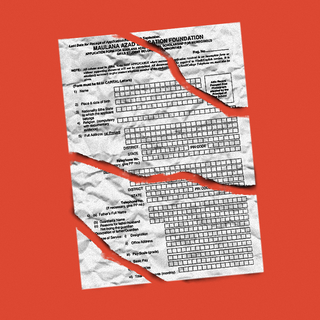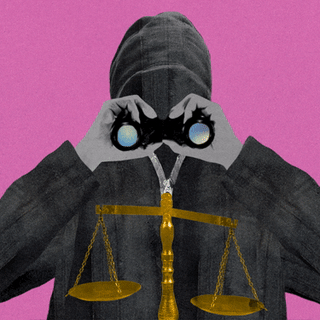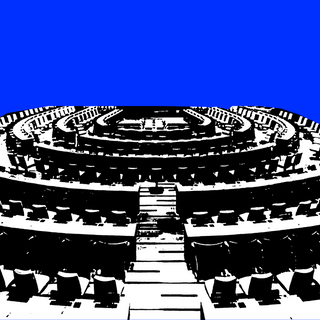Earlier this week, three students of a coaching institute in Kota, Rajasthan, died by suicide. The town is known to be a hub for institutes that prepare students for medical and engineering entrance exams. Of the three, one was reportedly preparing for the National Eligibility-cum-Entrance Test (NEET). The issue spotlighted the gruelling pressure that students face in a bid to compete with one another to secure seats at the country’s best higher education institutes. But while student suicides — especially at coaching institutes — is not new, the phenomenon is yet to be escalated to a policy level so that competitive exams can be scrutinized more closely.
A look at the statistics of student suicides paints a grim picture. National Crime Records Bureau (NCRB) data from 2021 showed that student suicides were at a five-year high last year. More than 13,000 students died by suicide in 2021, an increase from the previous year’s figure of nearly 12,500. According to 2020 data of the NCRB, a student dies by suicide every 42 minutes. Moreover, NCRB data is an undercount, according to a Lancet report.
Further, increasing privatization in the job market means that education isn’t an end in itself, but a means to securing a highly competitive private sector job — where the competition is global. “… examination is something quite different from education, but in the name of raising the standard of education, they are making the examinations so impossible and so severe that the backward communities which have hitherto not had the chance of entering the portals of University are absolutely kept out,” noted an expert panel that looked into the validity of NEET in the wake of an aspirant’s suicide in 2017.
There’s clearly a correlation between high competition in education, and a crushing mental health toll. This should have been enough to re-evaluate pedagogy — instead, government policies continue to not only introduce new competitive exams, but also remove scholarships that exist outside their fold. This points to how educational outcomes depend on a centralized system of testing — a model that has been shown to not work.
Related on The Swaddle:
Casteism Still Thrives in Elite Schools in India. What Would Anti‑Caste Education Look Like?
Many education experts have pointed out that competitive exams such as the NEET and the Joint Entrance Examination (JEE) rely on an idea of merit that doesn’t exist. “[T]he language of merit, ability, and hard work are used to explain who deserves access, who succeeds and who fails — but these are notions shaped by class, gender, and caste in India,” Nisha Thapliyal, a practitioner of critical pedagogy at the University of Newcastle in Australia, told The Swaddle. Students attempting the examinations are treated as homogenous, when in reality, a multitude of socio-cultural and economic factors determine a student’s chance at success. Inevitably, then, the tests are modelled after the capabilities of the most privileged students — turning reservation policies in higher education institutes futile.
Pedgagogy experts have also spoken about how the way in which public education is currently structured creates a parallel schooling system for the less privileged, invisible children. “The school system privileges some children’s citizenship over the others — marginalized children are meant to be happy that they’ve gained access to these elite spaces and it stops at that,” Sarada Balagopalan, a professor of childhood studies from Rutgers University, told The Swaddle last year. Standardized tests also exclude children with neurodevelopmental disorders. In all, they impose a model of learning and education that isn’t necessarily encompassing, and doesn’t speak to the ability or intelligence of every child.
Moreover, competition in education isn’t useful even from an educational standpoint. Rather than being centered around learning, competitive exams force students to optimize their studies around future job outcomes. Experts note that this leads to a workforce that’s less skilled, and therefore, less equipped to innovate: “[H]igher-order skills were almost entirely lacking and the focus was very much on recall of very specific rote-learnt knowledge,” a report looking at testing systems across many countries, including India, stated.
That students die in pursuit of an education that isn’t even adequate in the first place, then, should attract alarm and policy changes in how we view pedagogy itself.
When children are pit against one another, learning becomes a zero-sum game rather than a collective exercise in knowledge-making that benefits everyone.




